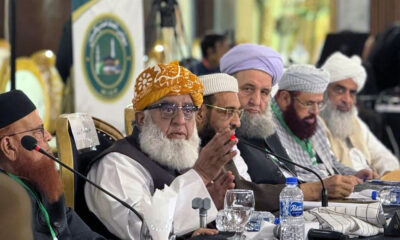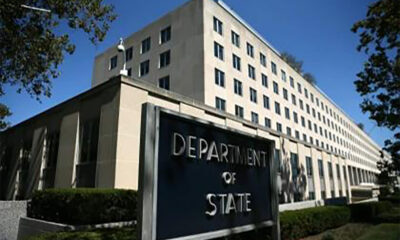Latest News
Interior ministry declares Afghanistan ‘secure for first time in 40 years’
Furthermore, 344 kilograms of narcotics and over one kilogram of gold were seized, leading to the arrest of 591 individuals.
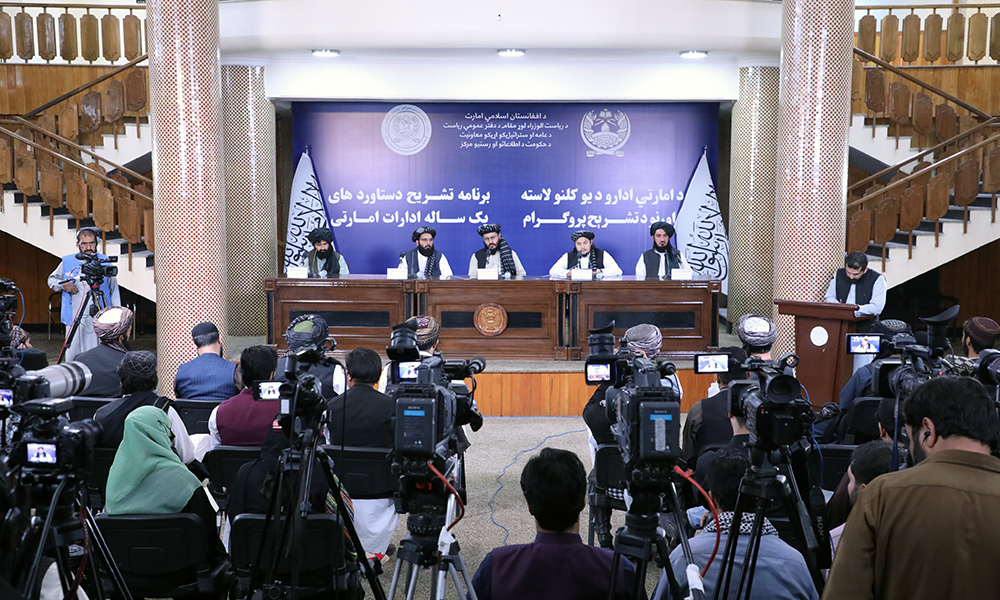
Delivering their annual report for the last solar year, 1402 (April 2023 to March 2024), ministry of interior officials said Tuesday Afghanistan has, for the first time in 40 years, achieved nationwide security, allowing its citizens to live in a secure environment and travel to provinces without any safety concerns.
Officials emphasized that all activities within the ministry are managed in accordance with a comprehensive strategic plan.
They noted that the decrees issued by the Supreme Leader of the Islamic Emirate, along with court rulings and directives from the ministry’s leadership, have been swiftly and effectively implemented to ensure national security and public order.
Due to the persistent efforts of the country’s security forces, the national crime rate has decreased by 30%.
Over the past year, 38 kidnapping cases were reported, and security forces conducted a total of 250 operations against kidnappers, resulting in the arrest of 76 kidnappers and the death of 34 others during clashes with security forces.
Ministry officials also reported that due to the unwavering dedication of the national police, large religious, national, and ceremonial gatherings were held across the country without any security incidents, allowing citizens to participate in events with confidence and peace of mind.
The ministry highlighted the successful safeguarding of economic and developmental projects, the facilitation of investments, the assessment and registration of the country’s borders, the improvement of public services, and the promotion of balanced development as key achievements over the past year.
Notably, 70 infrastructure projects were successfully protected by the national police.
Significant steps have been taken to professionalize and strengthen the security forces, officials said.
National police training centers have been further equipped, and the police force is now fully capable of countering any malicious plans posed by adversaries, officials added.
Over the past year, 450 students graduated from the commission and in-service programs. In addition, 673 individuals, including 325 women, participated in capacity-building programs.
A total of 24,000 individuals received basic, specialized, and non-commissioned officer training, with 32,000 more currently enrolled in training programs.
During this period, 20,515 individuals were appointed to officer positions, 15,060 to non-commissioned officer roles, and 35,584 soldiers were recruited.
In alignment with a decree from the Supreme Leader of the Islamic Emirate, the ministry has undertaken serious initiatives to eradicate the cultivation, production, trafficking, and use of narcotics.
As a result, these illicit activities have been nearly eradicated. Furthermore, poppy fields across the country have been destroyed, addicts have received treatment, and those involved in the drug trade have been prosecuted to the fullest extent of the law.
The ministry reported that, over the past year, 3,643 tons of narcotics were seized, 790 drug production and processing facilities, as well as facilities producing alcohol and intoxicating pills, were dismantled.
In addition, 10,564 suspects were arrested, 27,891 addicts were referred to treatment centers, and 17,651 hectares of land were cleared of poppy cultivation.
Officials further noted that last year, the ministry successfully prevented the smuggling of US $1.95 million; €845,000; 4.83 million Saudi Riyals; and 100,000 Dirhams at the country’s airports.
Furthermore, 344 kilograms of narcotics and over one kilogram of gold were seized, leading to the arrest of 591 individuals.
The ministry also highlighted the provision of services such as the issuance of passports and traffic documents, assistance to victims of natural disasters, crime reduction, and the regulation of weapons and vehicles as critical initiatives taken over the past year.
In total, 1.745 million passports were issued to applicants, and 500,000 vehicles were registered in the system, with temporary license plates issued for 250,000 of them. The process of issuing temporary plates remains ongoing.
Officials also stated that last year, under the chairmanship of the Supreme Leader of the Islamic Emirate, a coordination meeting was held between central and provincial officials to address challenges, strengthen local governance, enhance service delivery, and ensure effective communication with the public.
Latest News
Fazal Ur Rehman says Pakistan’s ‘attacks’ on Afghanistan are unjustifiable
“If you justify attacks on Kabul by claiming your enemies are present there, then why is your response different when India targets its enemies inside Pakistan?” he said.
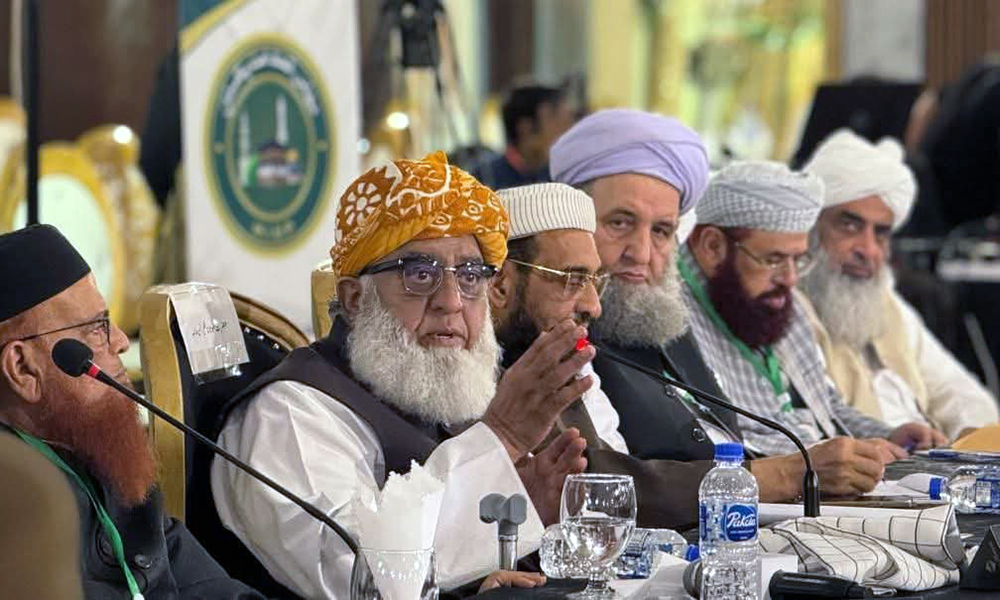
Senior Pakistani religious leader and politician Maulana Fazal Ur Rehman has condemned attacks on Afghanistan carried out under the pretext of targeting militant groups, calling such actions unjustifiable and counterproductive.
He urged both Kabul and Islamabad to resolve their disputes through dialogue and political engagement rather than military means.
Speaking at a gathering of Pakistani religious scholars titled “Pakistani Ummah Unity,” Fazal Ur Rehman, who heads the Jamiat Ulema-e-Islam (JUI-F) party, criticized Pakistan’s security approach toward Afghanistan.
Addressing Pakistan’s military leadership, he questioned the rationale behind cross-border actions, asking why attacks are justified against Afghanistan when similar logic is rejected in response to Indian strikes inside Pakistan.
“If you justify attacks on Kabul by claiming your enemies are present there, then why is your response different when India targets its enemies inside Pakistan?” he said.
Fazal Ur Rehman warned that continued tensions between Afghanistan and Pakistan serve the interests of neither country and risk further destabilizing the region.
He stressed that dialogue, mutual respect, and political understanding remain the only sustainable solutions to long-standing disputes between the two neighbors.
Latest News
Turkish intelligence captures a Daesh member near the Durand Line
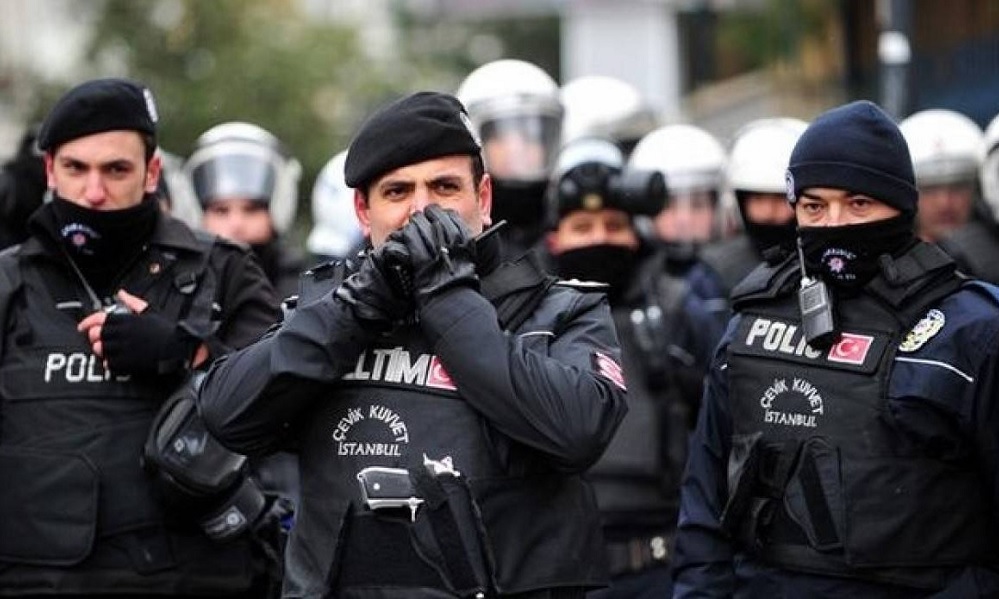
Turkish intelligence agents have captured a senior member of Daesh near the Durand Line, reportedly preventing planned suicide attacks in Turkey and other countries, according to Turkey’s state-run Anadolu Agency on Monday.
The suspect, identified as Mehmet Goren, is a Turkish citizen. He was apprehended during a covert operation and transferred to Turkey. Details on the timing of the operation or the involvement of Afghan and Pakistani authorities were not disclosed.
According to the report, Goren had risen through the ranks of Daesh and was allegedly tasked with carrying out suicide bombings in Turkey, Pakistan, Afghanistan, and Europe.
Daesh has a history of deadly attacks in Turkey, including the January 1, 2017 shooting at an Istanbul nightclub that killed 39 people.
Anadolu Agency reported that Goren’s arrest also provided intelligence on the group’s recruitment strategies and planned activities.
Latest News
Dozens of needy families in Kabul receive winter aid from Bayat Foundation
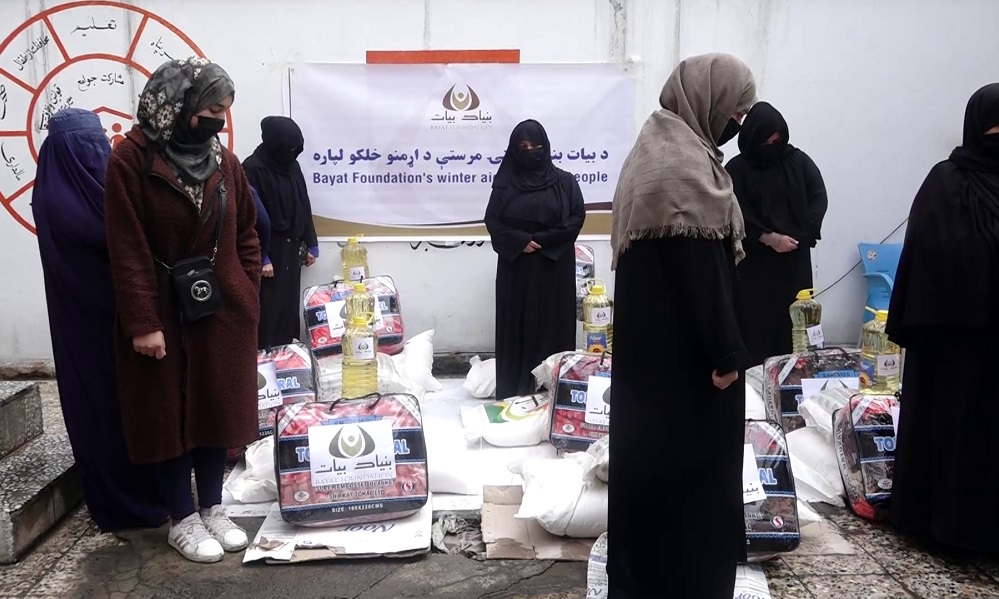
Dozens of needy families in Kabul’s fifth district have received essential winter assistance from the Bayat Foundation, as part of ongoing efforts to ease hardship during the cold season and worsening economic conditions.
According to foundation officials, the aid package includes staple food items such as flour, rice, and cooking oil, along with warm blankets to help families cope with freezing temperatures. Haji Mohammad Ismail, Deputy Head of Bayat Foundation, said the distribution began in Kabul and will soon be expanded to other provinces.
“Our assistance includes flour, rice, cooking oil, and blankets,” Ismail said. “Today, we started distributing these items in Kabul’s fifth district, and God willing, the aid will reach other provinces in the near future.”
Afghanistan continues to face widespread poverty, unemployment, and food insecurity, with many families struggling to meet basic needs, particularly during winter when access to work and heating becomes more difficult.Humanitarian organizations and charitable foundations have stepped up relief efforts to support those most affected.
Beneficiaries welcomed the assistance, describing it as a lifeline. “May God bless you for helping the poor. We had nothing and no work,” said one recipient. Another added, “Thank you for your help. Our flour was almost finished.”
Bayat Foundation officials stressed that winter aid distributions will continue in Kabul and other provinces in the coming days, as part of their broader commitment to supporting needy families across the country.
-

 Latest News2 days ago
Latest News2 days agoAfghanistan signs 30-year deal for marble mining in Daikundi
-

 Latest News4 days ago
Latest News4 days agoAfghan border forces prevent illegal entry of hundreds into Iran
-

 Latest News3 days ago
Latest News3 days agoPakistan summons Afghan diplomat over deadly attack in North Waziristan
-

 Latest News3 days ago
Latest News3 days agoAfghan health minister calls for medical cooperation between Kabul and New Delhi
-

 Latest News4 days ago
Latest News4 days agoJapan allocates nearly $20 million in humanitarian aid for Afghanistan
-

 Latest News3 days ago
Latest News3 days agoKarzai urges reopening of girls’ schools and universities for Afghanistan’s bright future
-
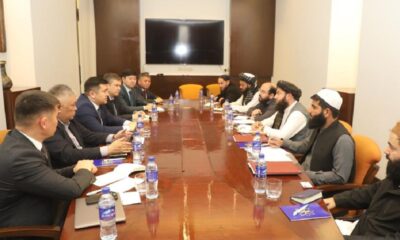
 Business5 days ago
Business5 days agoAfghanistan-Kazakhstan banking ties discussed in Kabul meeting
-
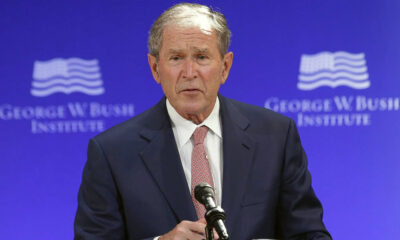
 Latest News2 days ago
Latest News2 days agoBush Institute criticizes Trump administration’s Afghan immigration freeze


